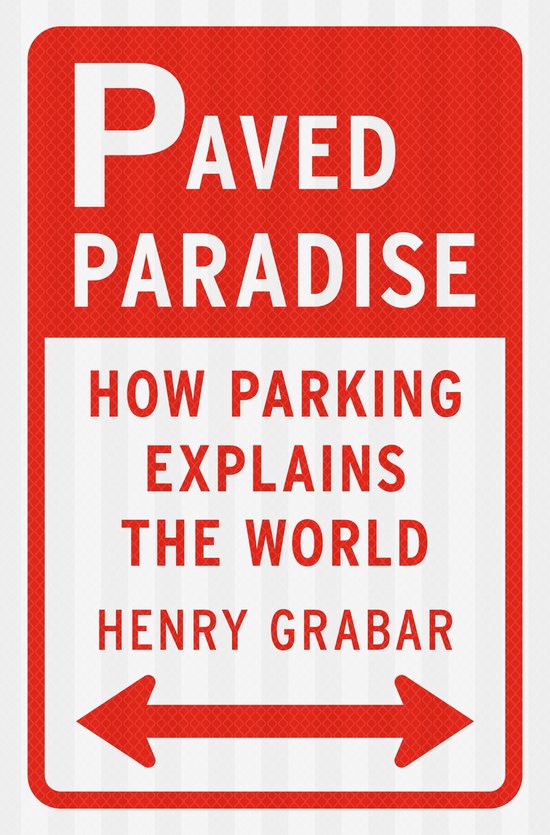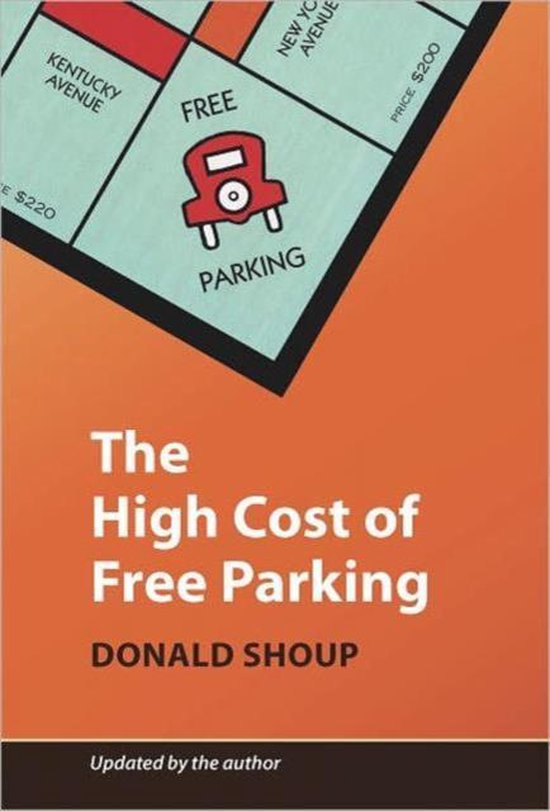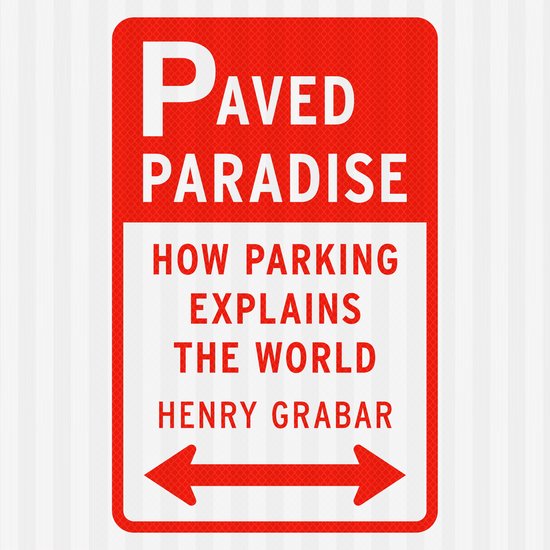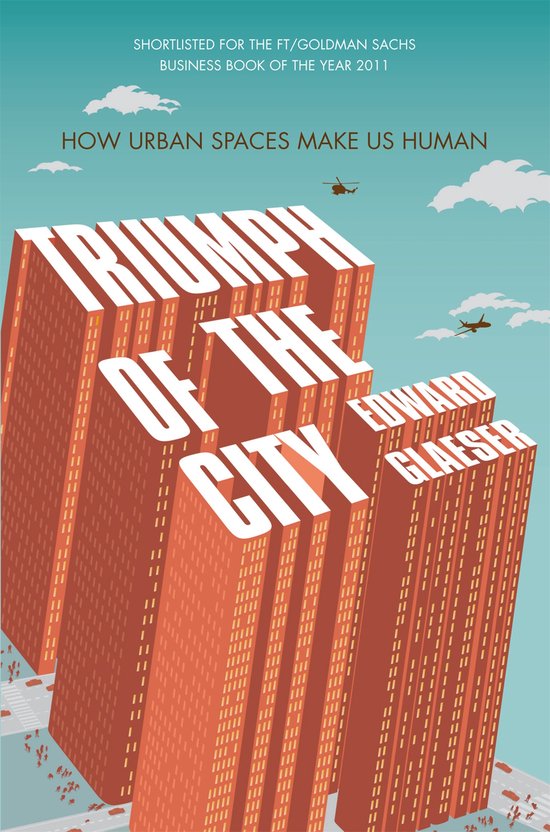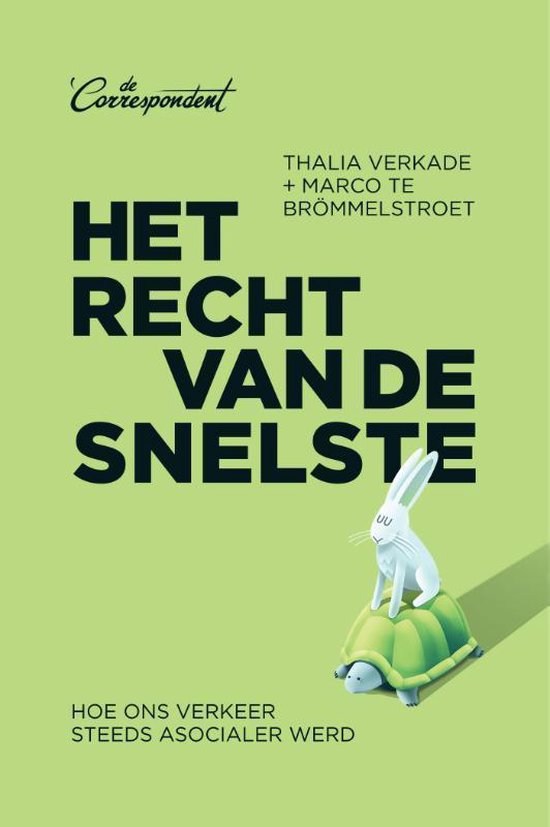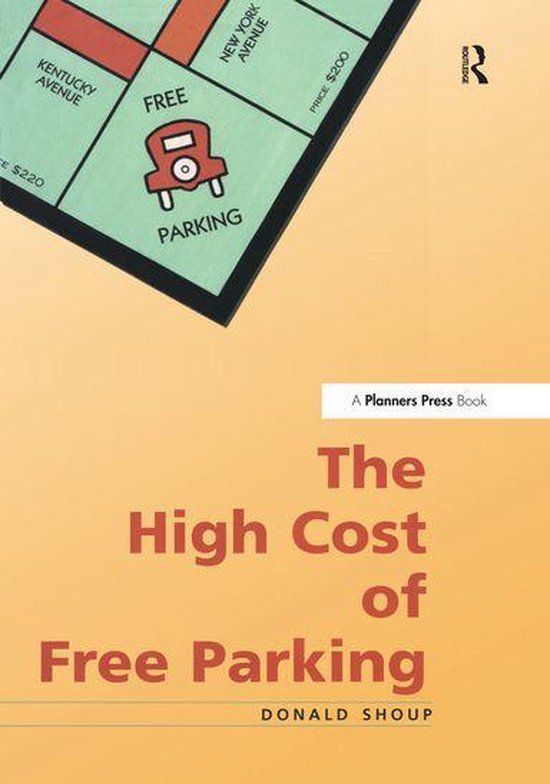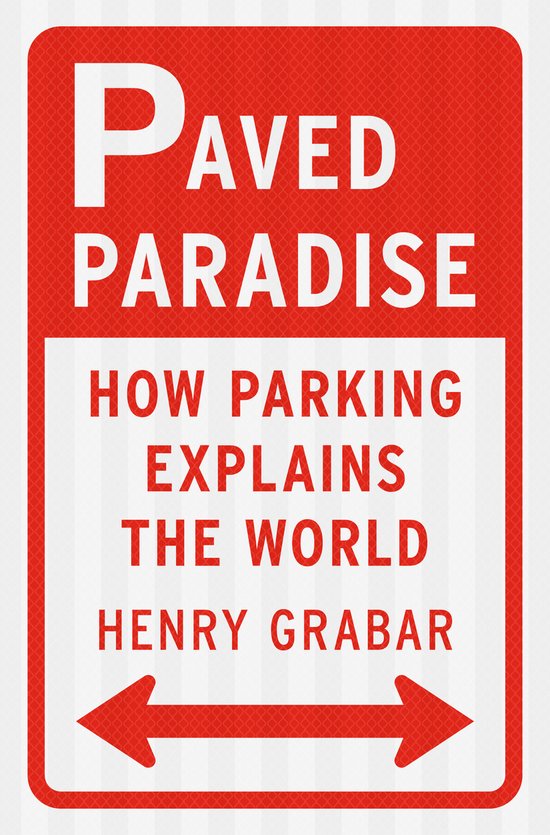
Paved Paradise
Consistently entertaining and often downright funny. The New Yorker
Wry and revelatory. The New York Times
"A romp, packed with tales of anger, violence, theft, lust, greed, political chicanery and transportation policy gone wrong... highly entertaining." The Los Angeles Times
An entertaining, enlightening, and utterly original investigation into one of the most quietly influential forces in modern American lifethe humble parking spot
Parking, quite literally, has a death grip on America: each year a handful of Americans are tragically killed by their fellow citizens over parking spots. But even when we dont resort to violence, we routinely do ridiculous things for parking, contorting our professional, social, and financial lives to get a spot. Indeed, in the century since the advent of the car, we have deformedand in some cases demolishedour homes and our cities in a Sisyphean quest for cheap and convenient car storage. As a result, much of the nations most valuable real estate is now devoted exclusively to empty and idle vehicles, even as so many Americans struggle to find affordable housing. Parking determines the design of new buildings and the fate of old ones, patterns of traffic and the viability of transit, neighborhood politics and municipal finance, the quality of public space, and even the course of floodwaters. Can this really be the best use of our finite resources and space? Why have we done this to the places we love? Is parking really more important than anything else?
These are the questions Slate staff writer Henry Grabar sets out to answer, telling a mesmerizing story about the strange and wonderful superorganism that is the modern American city. In a beguiling and often absurdly hilarious mix of history, politics, and reportage, Grabar brilliantly surveys the pain points of the nations parking crisis, from Los Angeles to Disney World to New York, stopping at every major American city in between. He reveals how the pathological compulsion for car storage has exacerbated some of our most acute problemsfrom housing affordability to the accelerating global climate disasterultimately, lighting the way for us to free our cities from parkings cruel yoke.
Wry and revelatory. The New York Times
"A romp, packed with tales of anger, violence, theft, lust, greed, political chicanery and transportation policy gone wrong... highly entertaining." The Los Angeles Times
An entertaining, enlightening, and utterly original investigation into one of the most quietly influential forces in modern American lifethe humble parking spot
Parking, quite literally, has a death grip on America: each year a handful of Americans are tragically killed by their fellow citizens over parking spots. But even when we dont resort to violence, we routinely do ridiculous things for parking, contorting our professional, social, and financial lives to get a spot. Indeed, in the century since the advent of the car, we have deformedand in some cases demolishedour homes and our cities in a Sisyphean quest for cheap and convenient car storage. As a result, much of the nations most valuable real estate is now devoted exclusively to empty and idle vehicles, even as so many Americans struggle to find affordable housing. Parking determines the design of new buildings and the fate of old ones, patterns of traffic and the viability of transit, neighborhood politics and municipal finance, the quality of public space, and even the course of floodwaters. Can this really be the best use of our finite resources and space? Why have we done this to the places we love? Is parking really more important than anything else?
These are the questions Slate staff writer Henry Grabar sets out to answer, telling a mesmerizing story about the strange and wonderful superorganism that is the modern American city. In a beguiling and often absurdly hilarious mix of history, politics, and reportage, Grabar brilliantly surveys the pain points of the nations parking crisis, from Los Angeles to Disney World to New York, stopping at every major American city in between. He reveals how the pathological compulsion for car storage has exacerbated some of our most acute problemsfrom housing affordability to the accelerating global climate disasterultimately, lighting the way for us to free our cities from parkings cruel yoke.
| Auteur | | Henry Grabar |
| Taal | | Engels |
| Type | | Hardcover |
| Categorie | | Mens & Maatschappij |
